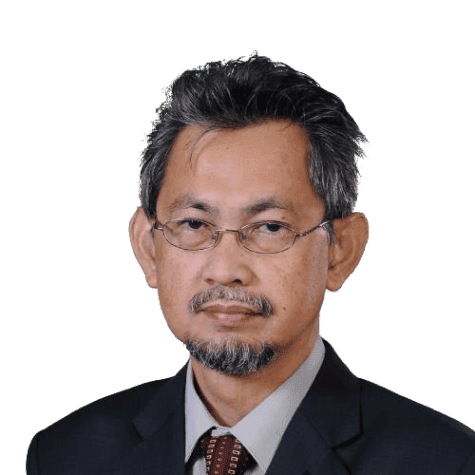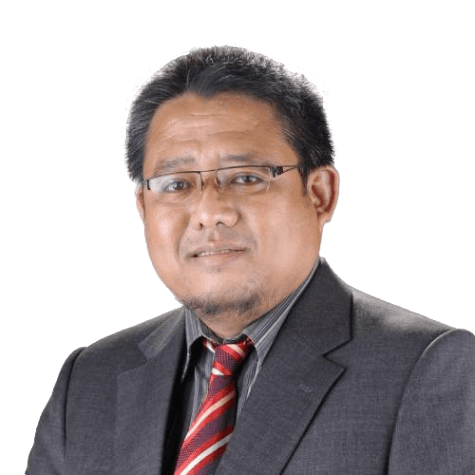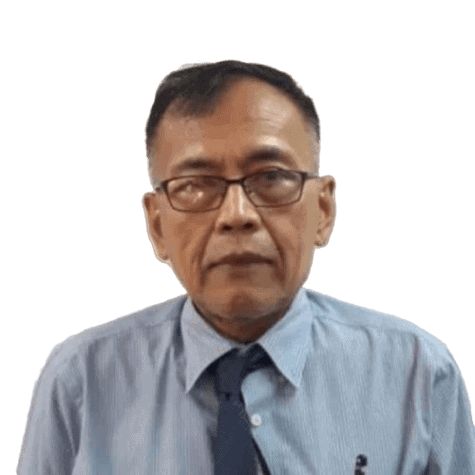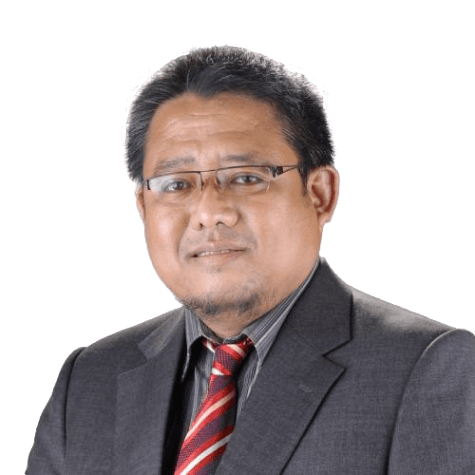About Us
The Malaysia Society for Harm Reduction (MSHR) was established in 2019 to advocate and champion the concept of Harm Reduction. We embrace Harm Reduction as a practical and effective strategy to minimise the adverse consequences of various human behaviours, be they legal or illegal. We believe in spreading positivity for greater well-being without judgement, coercion, discrimination, or prejudice. Our members are a passionate group, comprising mostly of highly respected healthcare professionals, academia, and research experts.
OUR MISSION
To address and provide scientifically validated perspectives on a wide range of public health and social issues beyond the conventional focus on drug use, and extend the application of harm reduction to noncommunicable diseases, substance addiction and tobacco harm reduction, mental health, nutrition, road safety, ergonomics, and occupational safety and health.
OUR OBJECTIVES
Advocacy and Awareness
Objective
Raise awareness and advocate for the adoption of Harm Reduction principles in Malaysia.
Encompassing Elements
Provide the community with accurate scientific information, foster national scientific research, and facilitate discussions on Harm Reduction locally and internationally.
Scientific Advancement
Objective
Drive scientific research and technological advancements to address public health challenges.
Encompassing Elements
Examine the adaptability of international Harm Reduction policies, contribute professional opinions to policy-making bodies, and actively engage in scientific research collaborations.
Community Well-being
Objective
Contribute to the improvement of community well-being through diverse expertise.
Encompassing Elements
Offer services such as ergonomic risk assessments, awareness programs, and engage in fields including nutrition, noncommunicable diseases, occupational safety, and child seat safety.
Platform for Positive Change
Objective
Establish MSHR as a leading platform for national Harm Reduction initiatives.
Encompassing Elements
Serve as a hub for national Harm Reduction discussions, support the implementation of effective policies, and promote positive change in societal attitudes toward health and well-being.
Our Work
Harm Reduction is generally defined as the effective approach strategy taken to minimise the adverse consequences associated with certain behaviours. Globally, harm reduction has been successfully implemented to mainly manage issues related to drug use.
The Malaysia Society for Harm Reduction (MSHR) broadens this context to address and provide scientifically validated views on local public health and social issues including prevention of noncommunicable diseases, addiction to substances including tobacco, mental health, nutrition, road safety, ergonomics and occupational safety and health.
Since its inception in late 2019, MSHR has organised frequent health educational events for governmental agencies, university students, schools, corporate industries and the general public. We have vast experience and expertise in conducting research projects and are currently working on two locally commissioned studies. MSHR was recently invited by the Parliamentary Scientific Select Committee to contribute professional opinion regarding implementation of Generational End Game Policy in the tabling of The Tobacco Control Bill.
MSHR is also a member of the Malaysian Federation for Occupational Safety and Health (MyFOSH), which serves as a centralised platform for OSH matters at national and international levels for occupational safety and health non- governmental organisations in Malaysia.
Four Main Pillars of MSHR
Our mission is to address and provide scientifically validated perspectives on a wide range of public health and social issues beyond the conventional focus on drug use, and extend the application of harm reduction to noncommunicable diseases, substance addiction and tobacco harm reduction, mental health, nutrition, road safety, ergonomics, and occupational safety and health.
Substance Addiction and Tobacco Harm Reduction (THR)
Advocating a shift towards treating addiction as a medical condition rather than resorting to punitive actions. We contribute valuable insights to legislative decision-making, promoting a compassionate and evidence-based approach to addiction issues.
Nutrition, Lifestyle, and Non-communicable diseases (NCD) Prevention
Actively engage in public outreach programs, free webinars, and consultations to educate and inspire healthier living to tackle the systemic issue of obesity and diabetes as well as to combat nutritional misconceptions and advocating for sustainable lifestyle choices in disease prevention.
Road Safety Awareness and Road Crash Prevention
Actively engage in public outreach programs and in research to determine cause-and-effect of road hazards. We collaborate with international bodies on legislative changes to enhance road safety, advisory and recommendation for stricter enforcement, pinpointing specific areas where enforcement agencies should focus their attention to effectively reduce road hazards.
Ergonomics & Occupational Safety and Health
Through ergonomic risk assessments, awareness training, and research endeavours, we aim to create safer workplaces. Our experts, including contributors to the Malaysian Ergonomics Guidelines and medical professionals, deliver high-quality assessments, reports and recommendations for improvement of workplace and workers well being.
OUR TEAM

Professor Dr. Asrul Akmal Shafie
Deputy Chairman

Dr. S. Gunenthira Rao Subbarao
Secretary

Associate Professor Dr. Geeta Appannah
Deputy Secretary

Associate Professor Dr. Ng Yee Guan
Treasurer

Associate Professor Dr. Sivakumar Thurairajasingam
Committee Member

Associate Professor Dr. Imran Ahmad
Committee Member

Associate Professor Dr. Rusdi Abdul Rashid
Committee Member

Dr. Hajar Mariah Hashim
Auditor

Dr. Shridev Nair Thamotheran
Project Manager

Dr. Darshan Singh
Panel Expert

Professor Kulanthayan KC Mani
Panel Expert




